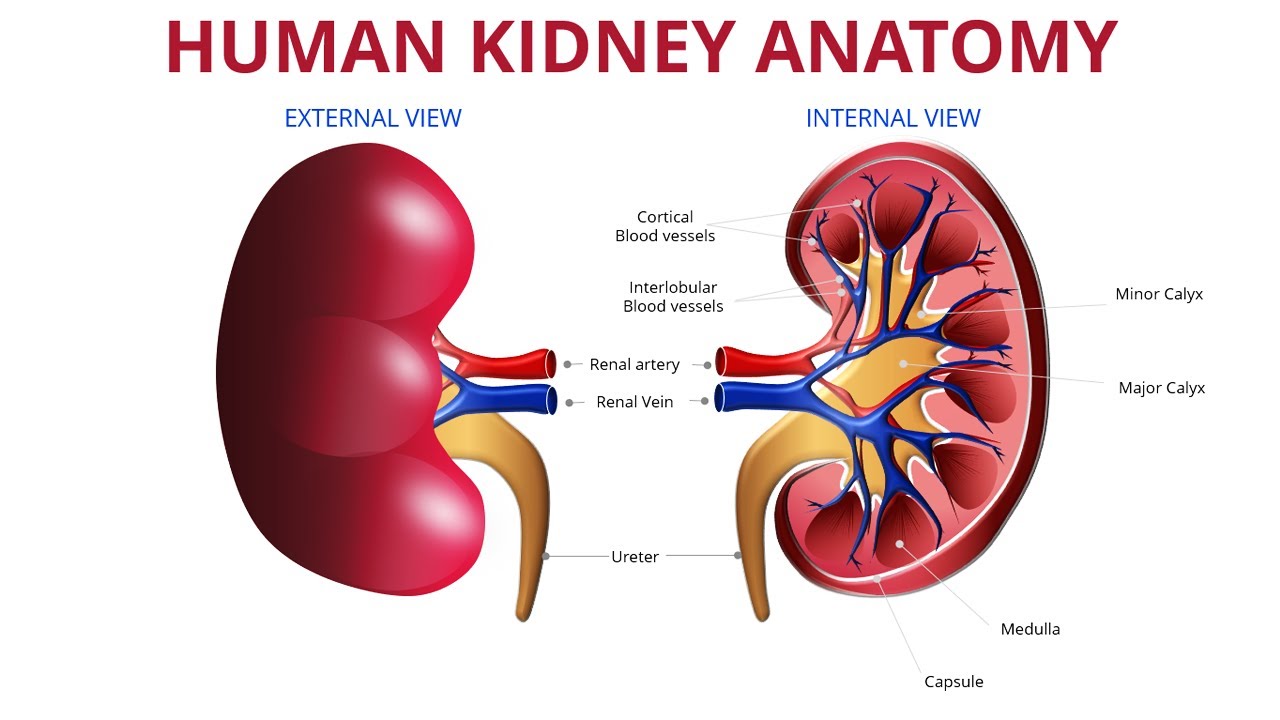A call to action: Strategies for prevention of kidney failure in Nigeria (1)
Public health is best distinguished from clinical medicine by its emphasis on preventing disease rather than curing it, and its focus on populations and communities rather than the individual patient. Prevention of kidney failure is a crucial public health goal. No country has a limitless amount of resources. How any society deploys their healthcare funds […]

Public health is best distinguished from clinical medicine by its emphasis on preventing disease rather than curing it, and its focus on populations and communities rather than the individual patient. Prevention of kidney failure is a crucial public health goal.
No country has a limitless amount of resources. How any society deploys their healthcare funds is consequential. Stressing disease prevention is not just our only hope of alleviating our intractable primary healthcare problems, but is extremely cost-effective.
To put it bluntly, the overwhelming majority of Nigerians who develop end-stage kidney failure cannot afford dialysis or kidney transplantation and are typically dead within a few months.
Thus, prevention – by any means necessary – should be the mantra. Ensuring that citizens remain in good health and productive is enlightened self-interest.
The multi-pronged plan humbly detailed herein to prevent kidney failure in Nigeria entails efforts by:
a) Clinical laboratories and laboratory scientists
b) State governments
c) The gatekeepers – Nurses, pharmacists and general physicians
d) Hospitals and healthcare facilities
e) The individual
Implementation of these initiatives must be jump-started and vigorously championed by those in leadership. The appeal of the prescribed initiatives is that they entail the expense of no or little money – rather they necessitate a high level of vigilance, diligence and moral commitment to do the right thing.
Clinical laboratories and laboratory scientists
One of the most important steps in the quest to prevent kidney failure is for all clinical laboratories in Nigeria to report an estimated Glomerular Filtration Rate (eGFR) with each serum creatinine result.
The serum creatinine level is a routinely requested blood test that is used to evaluate kidney function.
However, the serum creatinine level alone is an imperfect measure of kidney function because a rise in serum creatinine is observed only after significant loss of kidney function.
Therefore, the fact that you have a “normal” serum creatinine level does not necessarily mean you have “normal kidney function”.
After studies validated eGFR as superior to serum creatinine level alone to measure kidney function about 20 years ago, many countries urged clinical laboratories or mandated them by legislation to calculate eGFR every time doctors order a serum creatinine level.
To calculate eGFR, all that is required is for the clinical laboratories to install an inexpensive software in their machines. Since no additional laboratory test is required, calculating and reporting the eGFR would not increase the cost of the laboratory test.
Using the eGFR leads to early detection of kidney failure, avoidance of drugs toxic to the kidneys and proper adjustment of the dose of medications in persons with kidney failure.
States governments
Each state of the federation should formulate a strategic plan for prevention, early detection and control of kidney failure in their state.
Each state may accomplish this by formation of a “task force” to provide advice, guidance, grassroots education and recommendations to improve Chronic Kidney Disease (CKD) care in their state.
Members of the task force should at the minimum include, a nurse, a clinical pharmacist, a dietician, a laboratory scientist, an individual with CKD, a kidney transplant recipient, a general physician, a nephrologist and a physician with public health training.
A major focus of the task force is to raise awareness about kidney health and kidney disease among the populace, educate healthcare workers in the state, including primary healthcare workers about the utility of eGFR and highlight simple measures they can implement to prevent kidney failure.
The gatekeepers – Critical role of nurses, pharmacists and general physicians
Collaboration between all the professionals in healthcare is crucial in the prevention and early detection of kidney failure.
Hypertension and diabetes mellitus are the first and second leading causes of CKD.
Both disorders are detected and managed by non-nephrologists for years before any kidney damage emerges. By serving as “gate keepers,” generalist physicians can facilitate recognition and detection of CKD.
Nurses are an underutilised asset in disease prevention efforts, which is unfortunate and a missed opportunity. Nurses constitute the largest single group of healthcare workers, spend the most time with patients, administer prescribed medications to patients and possess the requisite knowledge base to disseminate kidney disease prevention information.
An additional impetus to galvanise nurses to champion this endeavour is that they are more likely to reside within the community, and will not only apply kidney disease prevention skills in their own practices, but will through their interactions within the community be able to disseminate this information in both formal and informal settings.
With use of eGFR to measure kidney function, hospital clinical pharmacists can now verify that the dose of the drug prescribed is adjusted to the level of kidney function before dispensing. Even in situations where a doctor prescribes the wrong dose for the level of kidney function, or prescribes a drug that is toxic to failing kidneys, the clinical pharmacist detects it and informs the doctor – disaster averted.
In addition, the pharmacist has the requisite knowledge base to advice other healthcare professionals about discontinuation or avoidance of drugs that are toxic to the kidneys.
